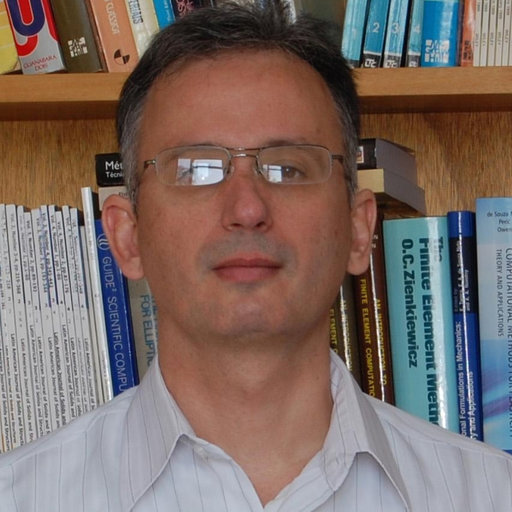About
Multi-scale modelling of solids is an area of increasing interest within the applied and computational mechanics community. Multi-scale concepts allow the development of new models to describe the constitutive behaviour of solids by including information at two or more physical scales. Development of models of this type, in particular with the use of computational homogenisation methods based on Finite Element procedures, is currently under way.
An application of particular interest is the modelling and simulation of biological tissues in general. Such materials posses in general intricate microstructures that lead to complex macroscopic behaviour. Multi-scale methods are currently being used in this context in the modelling of human artery constitutive response. Further use of multi-scale methodologies is being made in the modelling of polycrystalline metals as well as in heat conduction problems in general. New recent research directions in this field include the prediction of the sensitivity of macroscopic material properties to topological microstructural changes, calculated by means of the so-called topological derivative concept. Such procedures will lead in the near future to new techniques for microstrucural optimisation.
Computational multi-scale techniques lead to formidable tasks from the computing point of view. Therefore, the overall efficiency of the multi-scale framework needs to be optmised to allow its use in the solution of practical problems. In this context, computational techniques stemming from the expertise of this research group are under development, which so far have produced substantial reductions in computing time. Further developments are foreseen in the near future.

